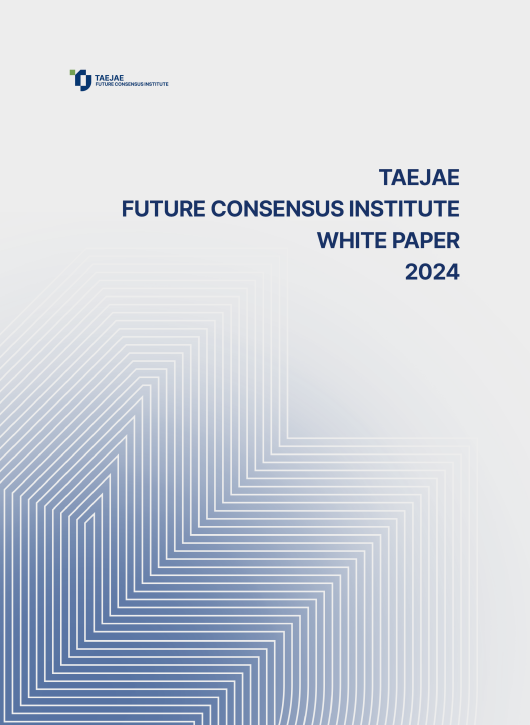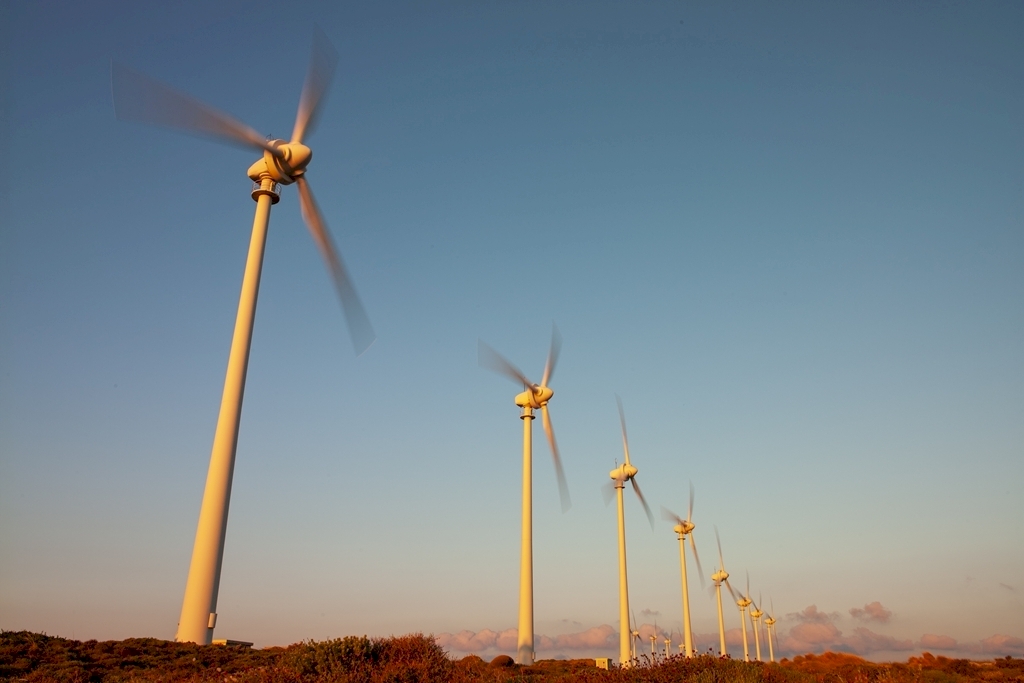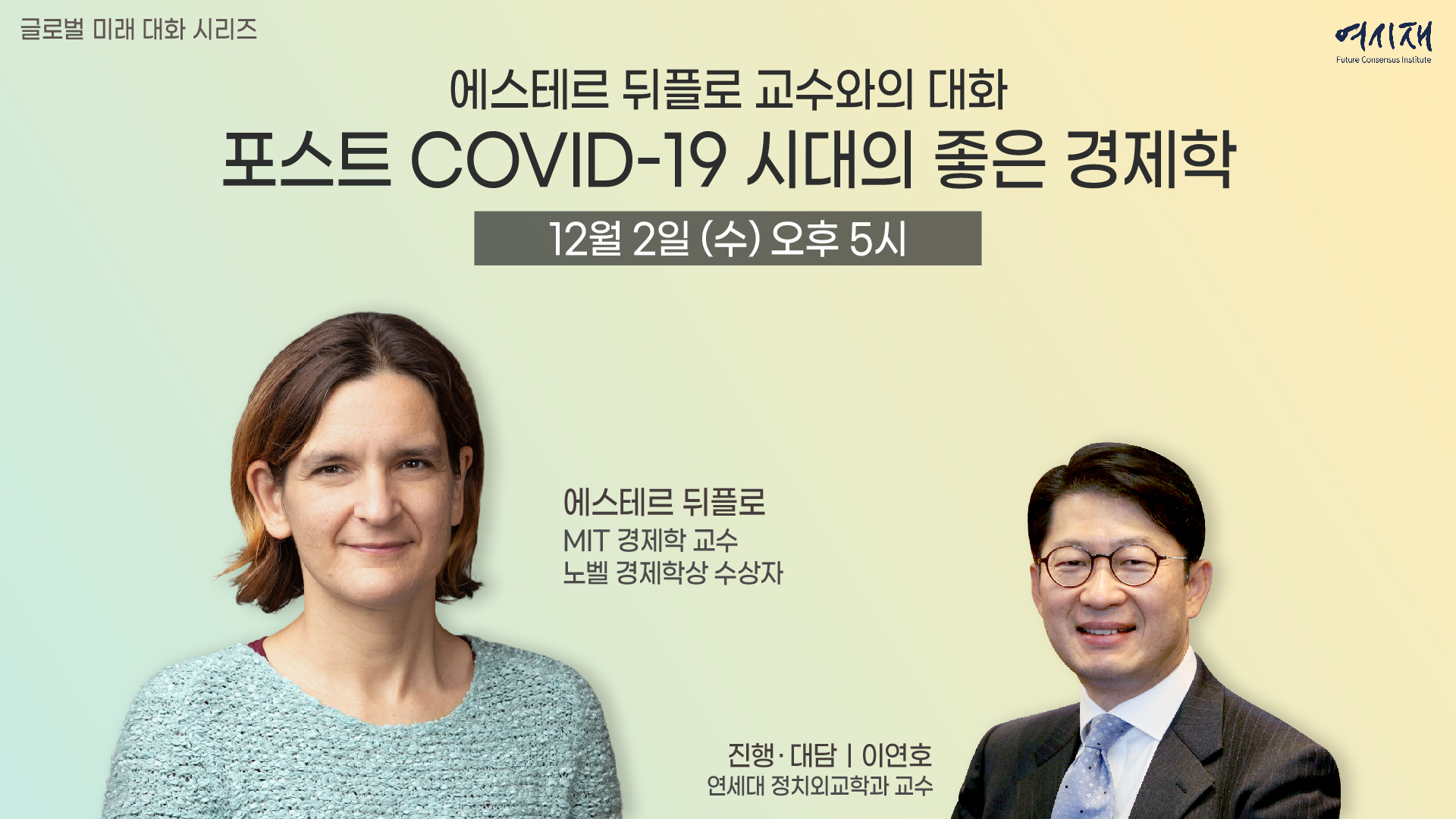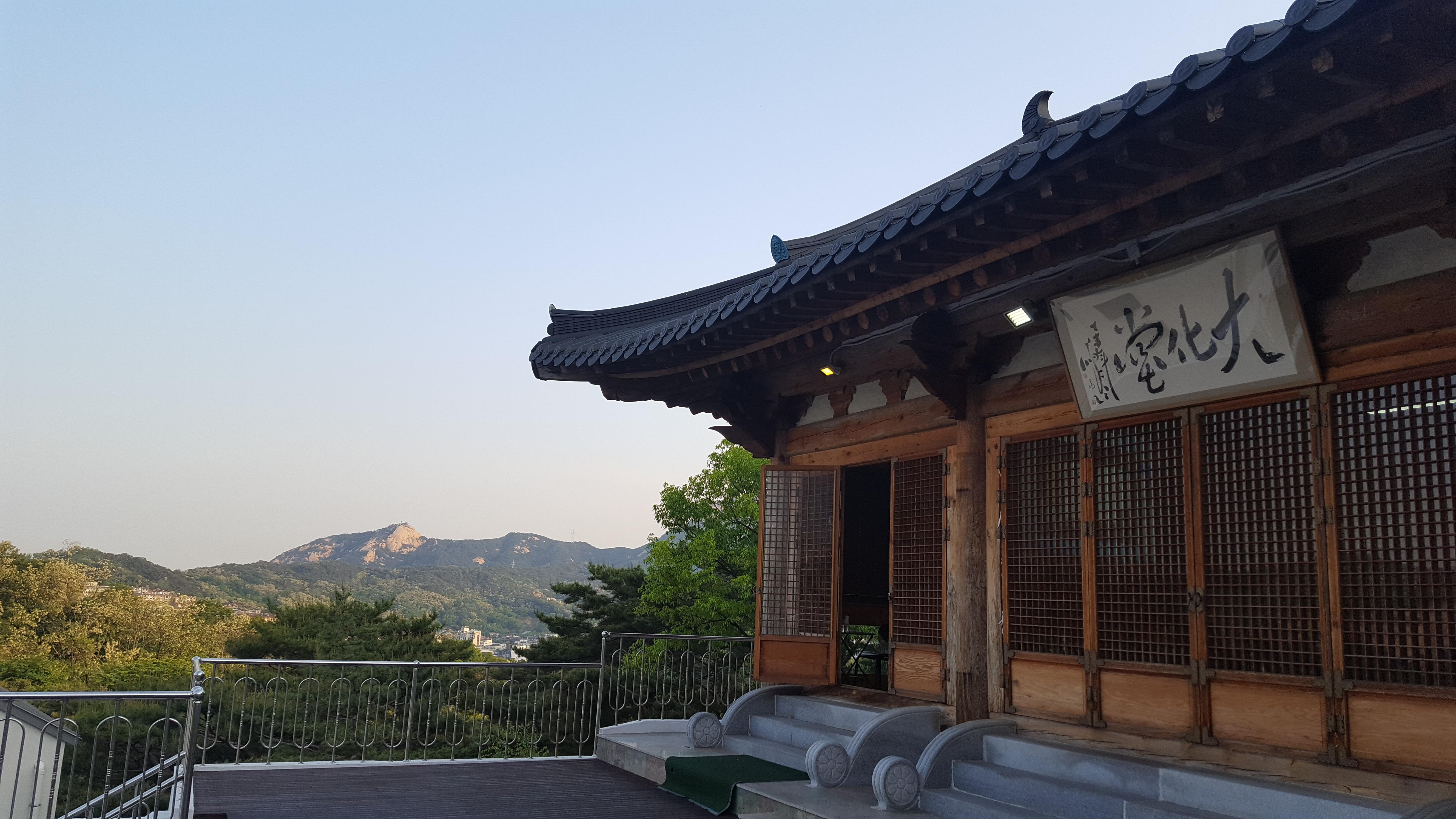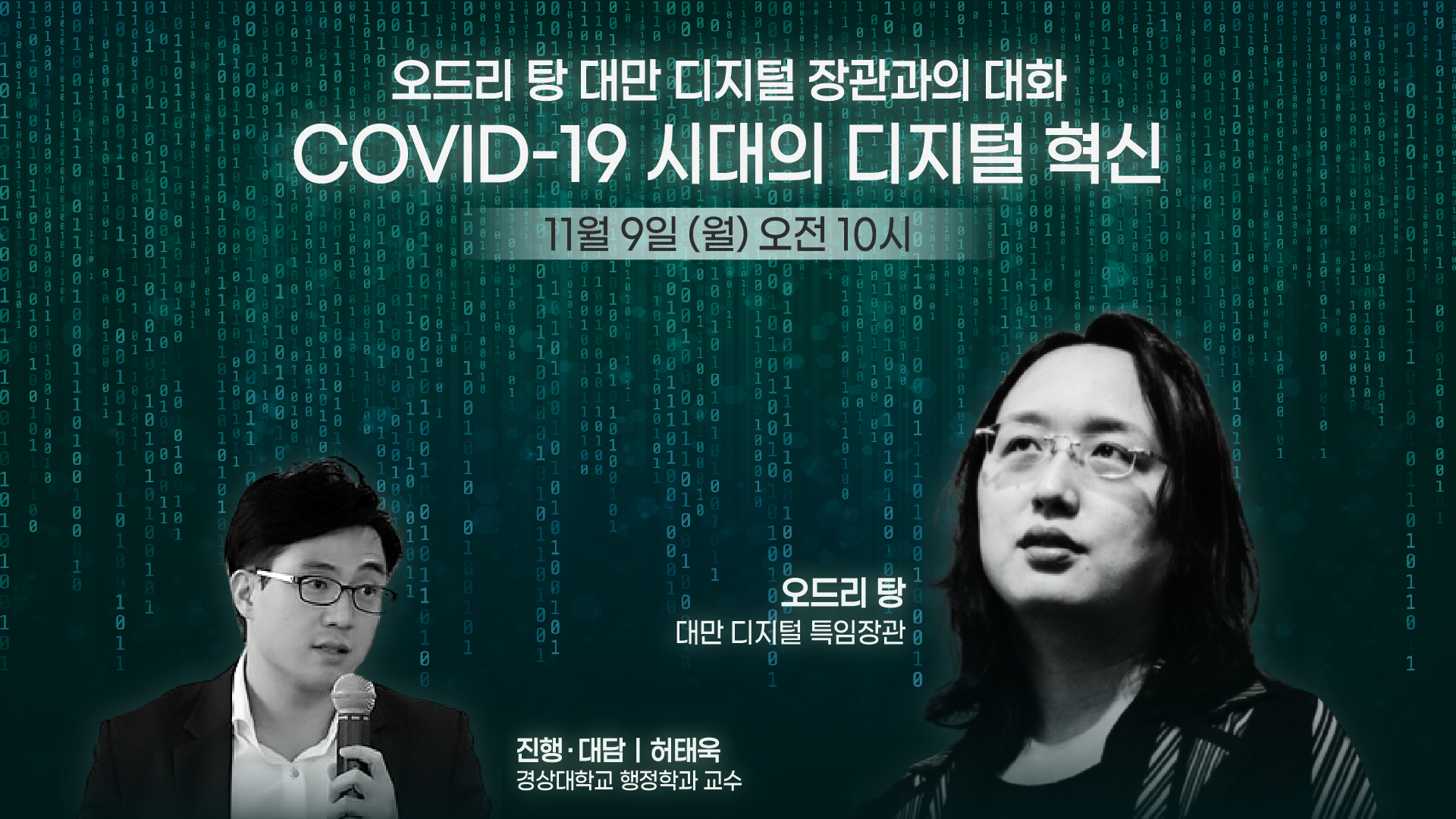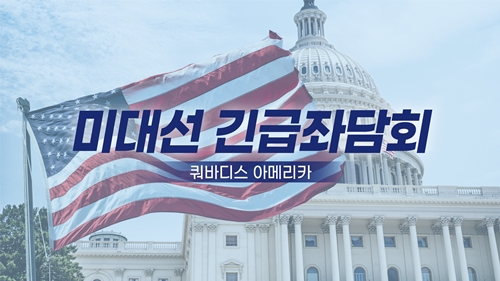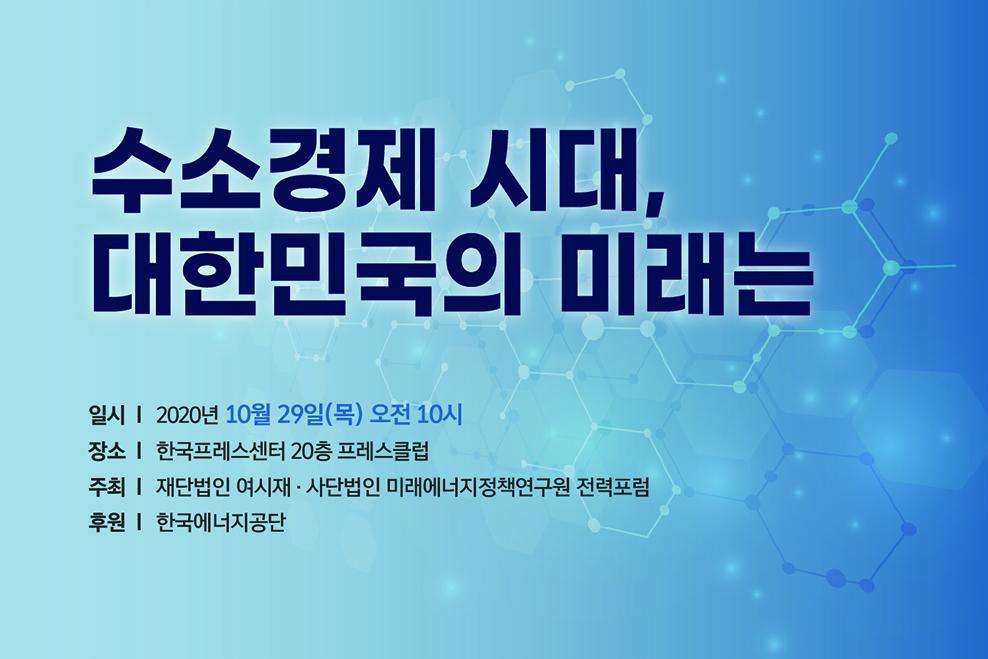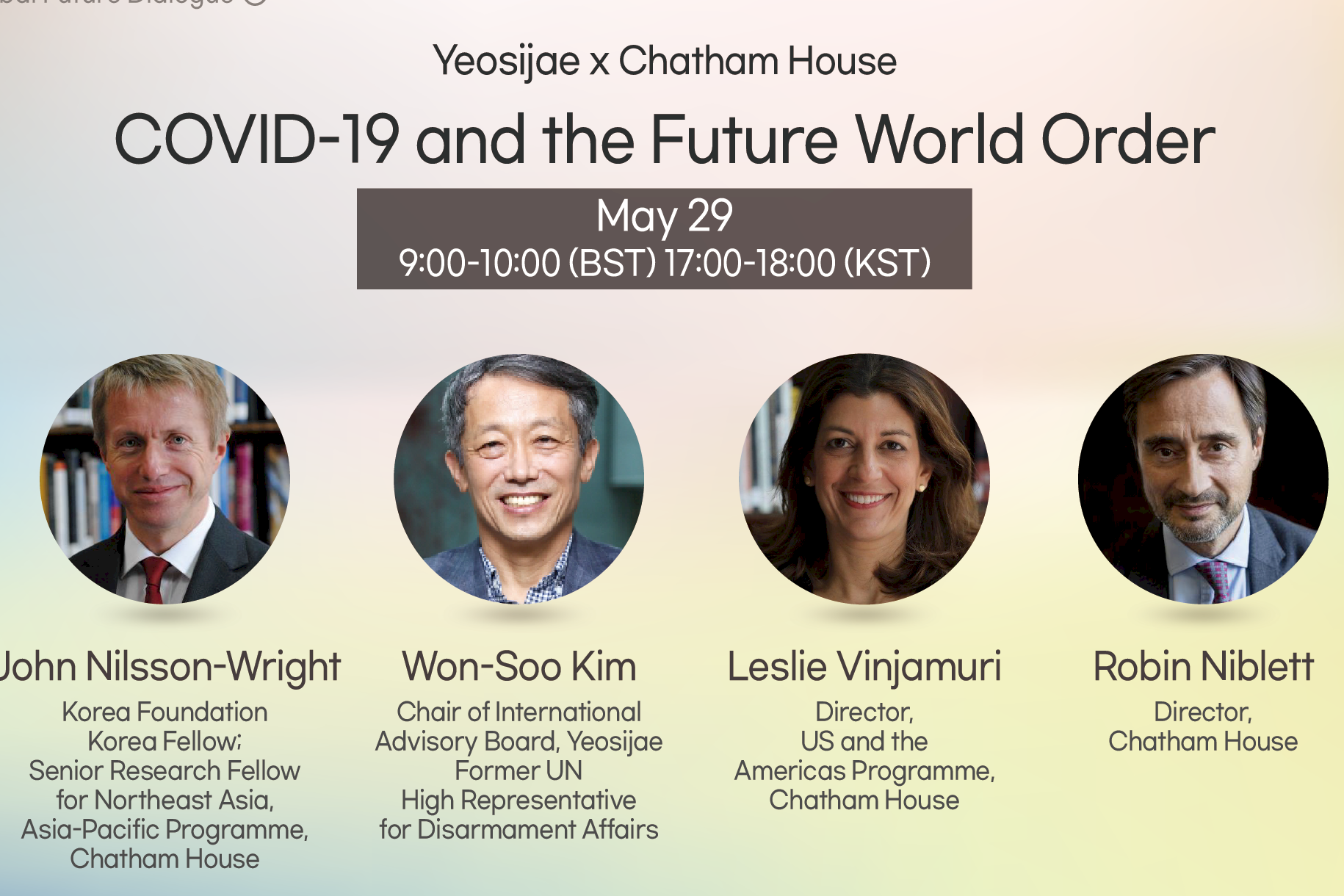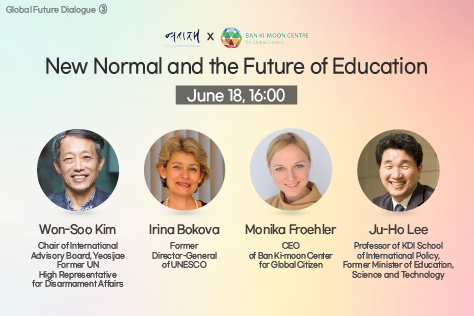Please join Yeosijae as we build a brighter future for Korea. Create your account to participate various events organized by Yeosijae.
- Insights
- |
- Global Order and Cooperation
[Global Future Dialogue ①] Sustainability in the pandemic era
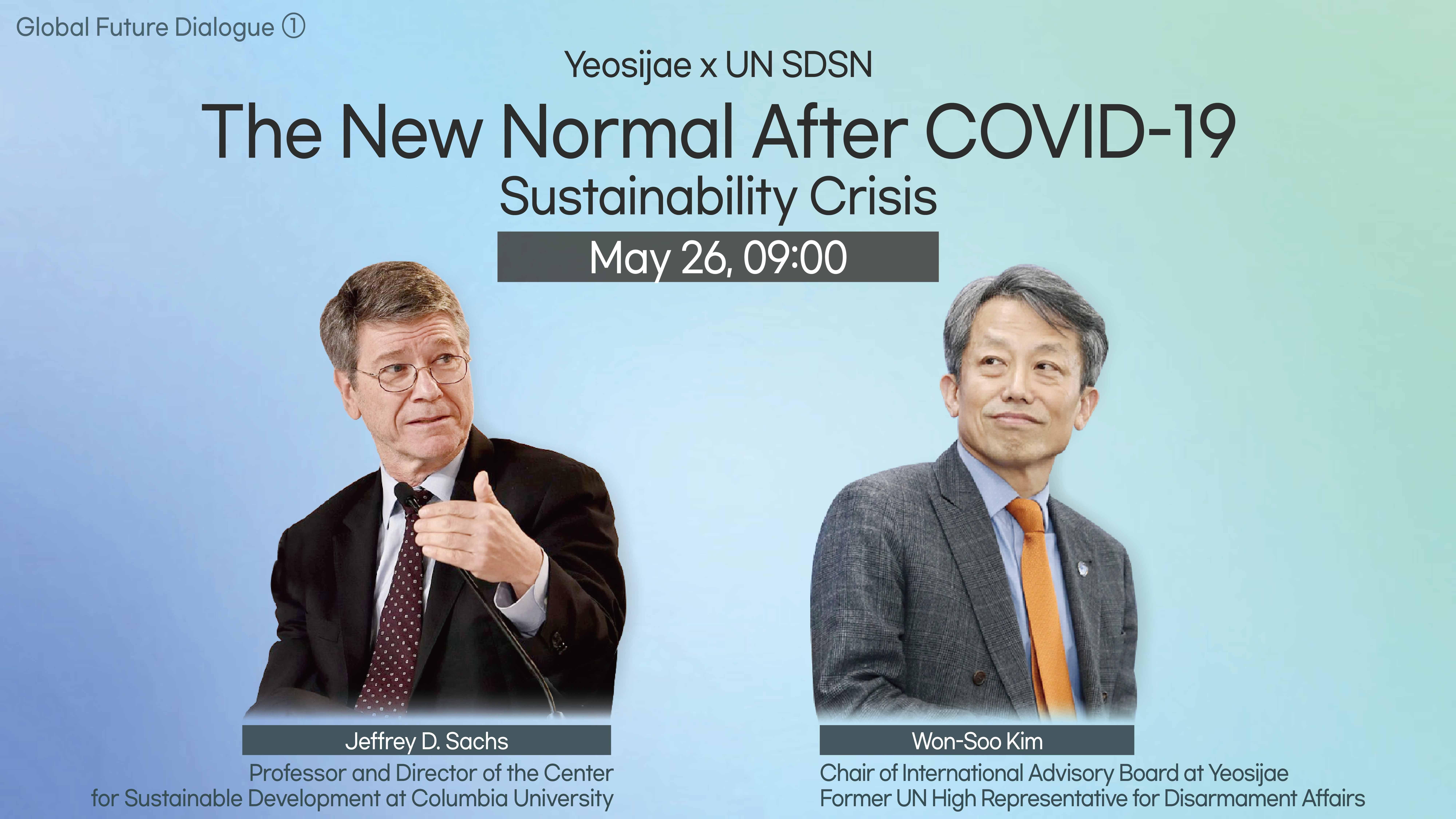
On May 26th, the Future Consensus Institute (Yeosijae) held a webinar with the UN Sustainable Development Solutions Network (SDSN) on “Sustainability in the Pandemic Era.” As the first session of the Global Future Dialogue series, it aimed to shine a light on the challenges and opportunities of global governance presented by the COVID-19 pandemic, with the panelists Jeffery Sachs, the Director of the UN SDSN, and Won-Soo Kim, the Chair of the International Advisory Board at Yeosijae.
Chairman Kim started the seminar by referring to COVID-19 as a “warning from nature,” and called attention to uncertainties that will appear in the ‘New Normal’ age. He mentioned that “we have to take these changes as a wakeup call from nature to change our unsustainable lives.” Following his remarks, Professor Sachs said that COVID-19 is a “challenge of governance and a challenge of politics,” and compared the successes of the Asia Pacific countries with the failures of the Western nations in dealing with the virus. He added, “there will be no fast recovery [coming this year, but] there is a real opportunity [here] for the Asia Pacific region.”
Moving on to the main discussion, the two participants shared their ideas on the type of global governance that will effectively contain the coronavirus and promote cooperation amid the G2 conflict. “Enhancing preparedness ... is the most effective way [to deal with any crisis],” said Chairman Kim. He continued, “it is imperative that we establish a global governance that will assist countries in the Global South, as nations there are developing countries that lag behind in terms of preparedness. In the long run, this will provide to be beneficial as it will prevent a second wave of infections from hitting the Global North in autumn, as it could prove to be more devastating than the first.” Professor Sachs said, “the U.S. has [always] had two different visions: a multilateral system ... [and] the other view of the U.S. dominance, or sometimes called primacy.” According to Professor Sachs, this contradiction has taken its toll on multilateral organizations including the United Nations. He then criticized the U.S. government for putting pressure on international organizations and countries that they accused of being “too friendly to China.” The panelists also expressed their concerns for a prolonged political instability and socio-political divide in the U.S., in that they could continue beyond the U.S. presidential elections.
The two participants turned to South Korea’s Green New Deal, an Asia-Pacific cooperation, and a partnership with EU’s recovery program as the roadmaps for the future. Professor Sachs welcomed Korea’s proposal that combined ‘digital’ and ‘green’ in its policies. He said, “one of the reasons that Korea had so much success in stopping the epidemic was the online applications that it developed quickly.” He hoped that the 14 countries of the 15 RCEP nations could come together to make agreements on trade, travel, and COVID-19 responses. He said that South Korea’s Green New Deal could be a pillar of an Asian Green Deal, bringing Asia Pacific countries together to become the global leaders of the future, by suppressing the virus within the region first then reaching out to other countries through sustainable cooperation.
Chairman Kim described a “coalition of the willing and the abled,” to refer to a Eurasian cooperation that spans from East Asia to Oceania and Europe, spearheaded by East Asian nations. He said that “like-minded” countries could work together to establish a coalition for the Green New Deal. “Such cooperation could utilize existing international mechanisms such as the Asia-Europe Meeting (ASEM), and leave doors opened for U.S. and China cooperation to make advances without being hindered by the G2 conflict.”
Lastly, the two participants shared a consensus that the sustainability crisis caused by the pandemic requires a comprehensive Green New Deal that combines smart technologies with green energy. Chairman Kim said that we need to develop “sustainable, human-centered, eco-friendly” city models while achieving a “paradigm shift” to ground our new paradigms in our Sustainable Development Goals (SDGs), including the goals that deal with climate change, cities, and inequality. He stressed the need to turn our attention to the problems of economic inequality and digital gap, as this will allow “responsible” actions to be made. Professor Sachs said that Information and Communication Technologies (ICTs) have opened doors to new opportunities by enabling “more leisure time ... and saving long commutes and congestion.” He predicted that a great amount of value can be created if the ICTs are backed by sustainable energy sources—namely new and renewable energies. He agreed that there is a need for a comprehensive approach, emphasizing that greater efforts will need to be made “to ensure accessibility for all in the areas of telemedicine, remote learning, and e-government services.” Lastly, he mentioned that the world has been divided into pieces, “between people who want to keep control and those who want an open world,” and hoped that South Korea will show global leadership in guiding the world away from division and towards cooperation.
< Copyright holder © TAEJAE FUTURE CONSENSUS INSTITUTE, Not available for redistribution >

